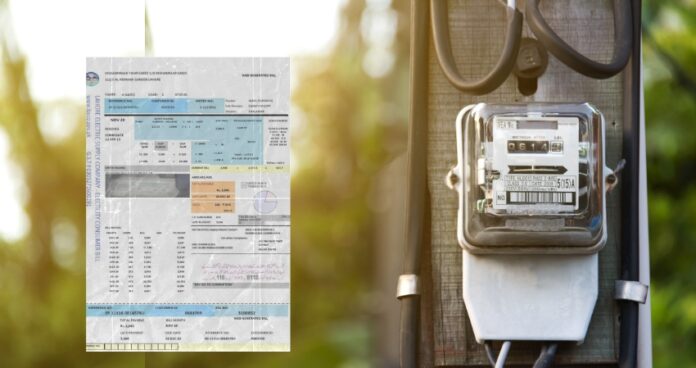In a significant move to alleviate the financial burden on consumers and enhance industrial competitiveness, Prime Minister Shehbaz Sharif is poised to announce a reduction in electricity tariffs by Rs. 8 per unit on March 23, 2025. This decision comes after securing approval from the International Monetary Fund (IMF), marking a pivotal step in the government’s efforts to revitalize the energy sector and stimulate economic growth.
Background and Rationale
The initiative to lower electricity tariffs has been under consideration for several months, with the government actively exploring strategies to reduce the escalating energy costs that have strained both households and industries. In January 2025, Prime Minister Sharif directed the Power Division to devise a plan to decrease electricity tariffs by Rs. 7 per unit, aiming to provide substantial relief to consumers.
Subsequent developments have led to an even more ambitious target, with plans to cut tariffs by up to Rs. 8-10 per unit. This strategy involves renegotiating agreements with Independent Power Producers (IPPs), revising contracts of government-operated power plants, and reducing taxes on electricity bills. These measures are designed to address the longstanding issue of high energy costs, which have been a significant contributor to the country’s circular debt.
IMF Approval and Implementation
A critical aspect of implementing the proposed tariff reduction was obtaining the IMF’s consent, given the broader fiscal implications. The government engaged in extensive negotiations with the IMF to ensure that the reduction aligns with the country’s economic stabilization objectives. With the IMF’s approval now secured, the path is clear for the Prime Minister to officially announce the tariff cut on March 23, 2025.
Anticipated Impact
The reduction in electricity tariffs is expected to have a multifaceted impact:
- Consumer Relief: Households across Pakistan will experience a decrease in their electricity bills, easing the financial pressure on families and potentially increasing disposable income.
- Industrial Competitiveness: Lower energy costs are anticipated to enhance the competitiveness of Pakistani industries, particularly in the manufacturing sector, by reducing operational expenses. This could lead to increased productivity and job creation.
- Economic Growth: By alleviating one of the major cost burdens, the tariff reduction could stimulate economic activity, contributing to overall economic growth and stability.
Conclusion
The forthcoming announcement of an Rs. 8 per unit reduction in electricity tariffs signifies the government’s commitment to addressing critical economic challenges and improving the quality of life for its citizens. This strategic move, backed by IMF approval, reflects a concerted effort to reform the energy sector and foster a more conducive environment for economic development.



Comments (0)
No comments yet. Be the first to comment!
Leave a Comment